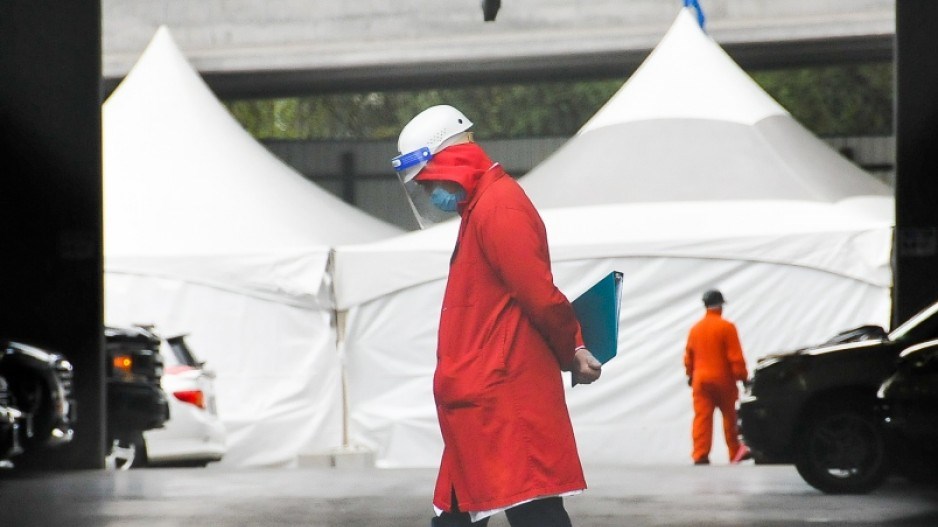The B.C. government has launched an independent review looking at how it has responded to the COVID-19 pandemic.
The review will examine how the province prepared before the arrival of the SARS-CoV-2 virus over two years ago. But also how government improved its operational effectiveness as the pandemic evolved, and what can be done to prepare for the next infectious disease or disaster. It will review the government response from January 2020 into 2022.
“The scope of the review excludes an assessment of economic recovery and public policy decisions made by government to deal with the consequences of the pandemic and decisions made by the independent provincial health officer,” states the review’s terms of reference.
“The review will, however, look at how these decisions were made.”
The B.C. government added in a press release that decisions made about economic recovery, including supports for small businesses and families, will not be part of the review.
Minister of Public Safety and Solicitor General Mike Farnworth has appointed three senior public servants to oversee the process. They will consult with First Nations, other levels of government and independent regulators, among others.
Individual British Columbians will have five weeks to submit their own feedback around how they or their business fared throughout the pandemic, and how they have been affected by the government's response to the pandemic.
The review will look into three big questions: how government identified the widespread implications of the pandemic; how decisions were made to respond in a timely and informed way; and how those decisions were communicated and carried out in line with government and public health policy.
“Not only will this help to inform preparations for and the response to the next pandemic, which will inevitably occur in the future, but also contribute to planning and operational readiness for responses to the full range of risks of disasters and emergencies, which include earthquakes, climate change-induced extreme weather and wildfires, and many other situations that may affect large areas of the province,” stated the terms of reference.
The public engagement process will close on April 20 at 4 p.m.
A full report is expected by Sept. 30, 2022.




